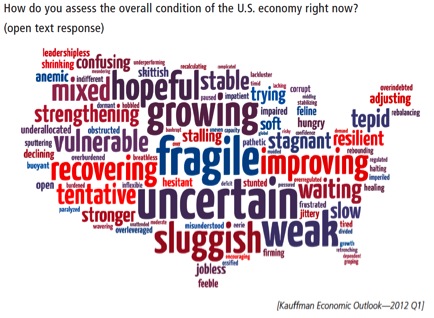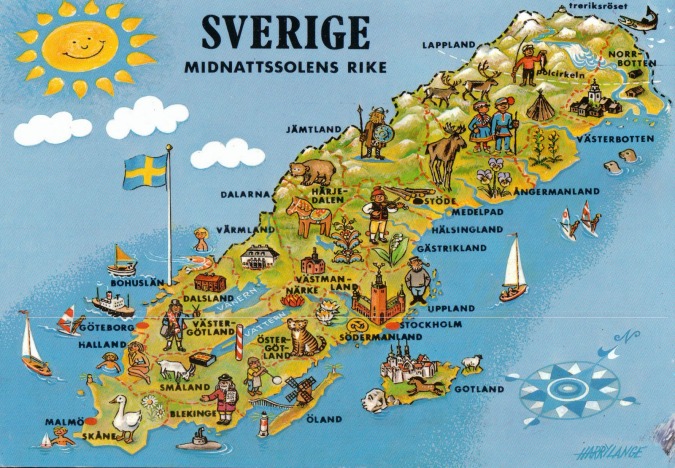
‘It sounds far-fetched, I know,” I wrote in this column in December 2007. “But the ultimate victim of this subprime crisis could be nothing less than the single currency’s existence”.
Reading it today, the above statement seems pretty reasonable. Many mainstream analysts now recognise the huge stresses imposed by the ongoing credit crunch could yet see monetary union break up, with at least one country leaving. To argue otherwise, certainly in Anglo-Saxon company, is to risk appearing in denial.
After the eurozone’s successive summer bond crises of 2011 and 2012, it’s no longer particularly controversial to accept what we sceptics have been warning about for years; that the “irreversibility” of monetary union is merely a political slogan.
A peripheral member-state could indeed leave of its own accord, or be forced out, so escaping the straitjacket of a vastly overvalued currency. Another may then opt, or be asked, to follow. Saying so is now part of reasonable economic discourse, not necessarily the start of a row.
The first time I wrote the words that begin this article, though, getting on for seven years ago, the situation was rather different. Back then, only “xenophobes” “cranks” and “nutters” argued the eurozone might not survive. The subprime meltdown, moreover, was seen as “America’s crisis”, for most French, German (and even British) observers a problem most definitely made on Wall Street.
Related Posts
- 63German government bond yields jumped on Thursday as a rout in euro zone markets worsened, putting them on course for their biggest weekly rise in over a decade. Yields on 10-year German bonds -- the bloc's benchmark -- rose as much as 20 basis points to hit 0.799 percent,…
- 61Can you guess where most Chinese nationals are in Europe ? The answer is Italy. Who lives where in Europe? Nationalities across the continent mapped People of many different countries are now living in Europe, with the continent's residents coming everywhere from Jamaica to Tuvalu. Using data from 2011 censuses we have mapped…
- 60There has been a sudden spike recently in expressions of racism in French public life—one that has provoked a national debate and may lead to legal action this week. It began in October 2013, when a candidate for the right-wing National Front likened Christiane Taubira, the Justice Minister, who is…
- 60Europe’s leaders argue that only deep budget cuts will revive the economy and inspire the necessary confidence among investors. The deal represents a major milestone for Greece, which was effectively shut out of the markets in 2010 when the debt crisis left it dependent on international bailouts to stay afloat.The…
- 59Putin’s preferred outcome in Ukraine is to engineer a financial and political collapse that destabilizes the country, and for which he can disclaim responsibility, rather than a military victory that leaves him in possession of – and responsible for – part of Ukraine. The financial collapse of which Soros had been…








